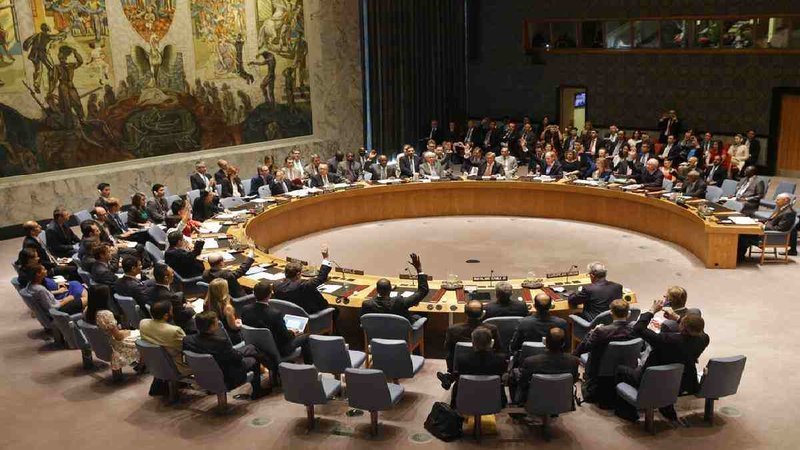The United States is poised to call for the United Nations to reimpose sanctions on Iran under a rarely used diplomatic maneuver after a resounding defeat in the Security Council.
This move that is likely to further isolate the Trump administration and may set off a credibility crisis for the United Nations, reports AP.
The sanctions had been eased under the 2015 nuclear deal that President Donald Trump withdrew from two years ago. But last week the US lost its long-shot bid to indefinitely extend an international arms embargo on Iran and has now moved to a new diplomatic line of attack.
US Secretary of State Mike Pompeo is set to travel to New York on Thursday to notify the Security Council president that the United States is invoking the “snapback” mechanism in the council’s resolution that endorsed the nuclear deal. It allows participants to demand the restoration of all UN sanctions in a complicated procedure that cannot be blocked by a veto.
The State Department is expected to announce Pompeo’s travel plans on Wednesday, but he and Trump have made no secret of their intention to invoke snapback, especially since their attempt to extend the arms embargo suffered an embarrassing defeat last Friday. The US won just one other “yes” vote, with China and Russia opposed and the 11 other members abstaining.
US plan ‘bitterly opposed’
Just like the arms embargo extension, the administration’s snapback plan is bitterly opposed by China and Russia as well as the other Security Council members, including US allies Britain and France, and could set the stage for a battle over the legitimacy of the UN’s most powerful body.
Alone among the council’s 15 members, the US argues that as an original participant in the nuclear deal it retains the right to demand restoration of sanctions. The others, which still support the deal, maintain the US lost that standing when Trump pulled out of the accord in 2018, but it isn’t clear if they can stop the invocation of snapback through technical procedural means.
US’ insistence on moving ahead has set the stage for a contentious dispute and the possibility that the US call would simply be ignored by other UN members. That outcome would potentially call into question the Security Council’s ability to enforce its own legally binding decisions.
Under the terms of Security Council Resolution 2231, which enshrined the nuclear deal and to which the US remains a party, the invocation of snapback for significant Iranian noncompliance starts a 30-day clock during which the council must vote affirmatively to continue the sanctions relief that Iran was given in return for curbs on its nuclear programme.
Richard Gowan, the UN director of the International Crisis Group, said: “If the general view of the council is that the US doesn’t have standing, it’s quite possible that no council member will even engage at that level.”
“The US could actually table a resolution of its own and then veto it, just to show that it is going through the procedural motions, although that would look a little bit farcical,” Gowan said.UNB/AP

